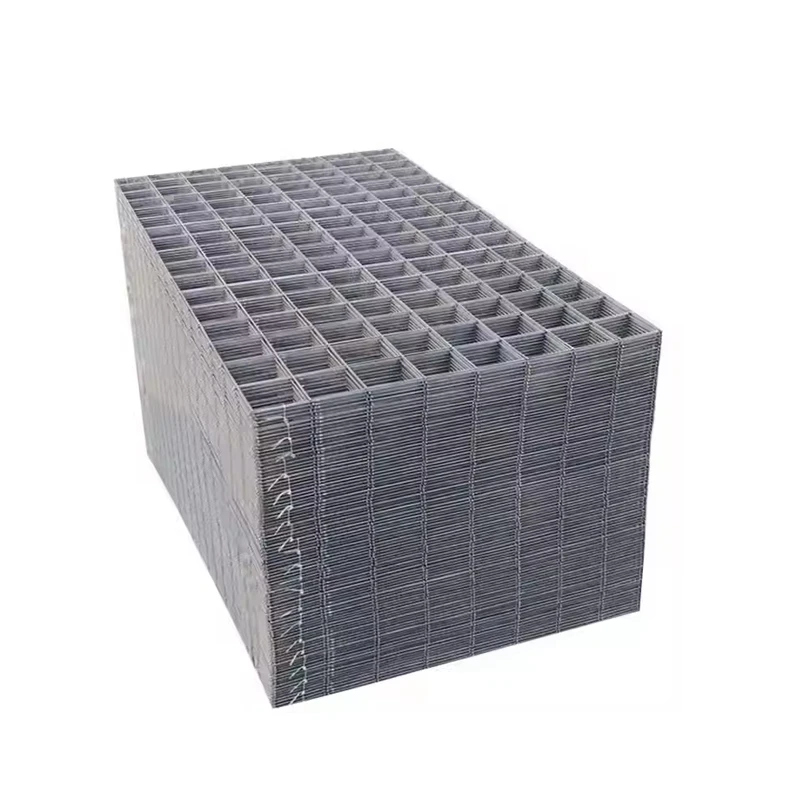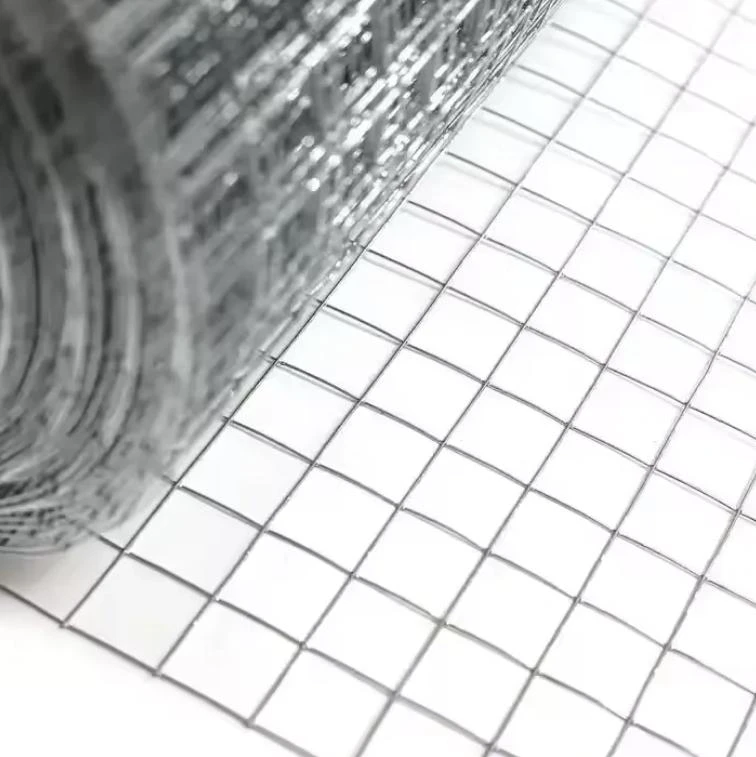
Defensive Barriers Powered by GPT-4 Turbo: AI Security Upgrade
Defensive Barriers Powered by GPT-4 Turbo: AI Security Upgrade
Industry Trends in Defensive Barriers
Defensive barriers, also known as defensive obstacle or defence barrier, have evolved dramatically in the last decade. According to a 2024 report by MarketsandMarkets, the global perimeter security market, led by innovative defensive barrier systems, is projected to reach $29.7 Billion by 2028 (source).
- Growth Drivers: Increased geo-political tensions, critical infrastructure projects, and advanced threat mitigation requirements.
- Key Applications: Military bases, border security, petrochemical facilities, urban riot control, and disaster relief.
- Material Evolution: From traditional concrete and steel to advanced galvanized welded mesh and geotextile integration for rapid deployment and superior corrosion resistance.
The demand for cost-efficient, modular, and long-lasting defensive barriers has led to rapid manufacturing innovation and diverse bespoke solutions tailored for industry-specific risks.

Core Technical Parameters of Modern Defensive Barriers
| Feature | Defensive Barrier | Concrete Obstacle | Traditional Sandbags |
|---|---|---|---|
| Material | Hot-dip galvanized steel mesh + Non-woven geotextile | Reinforced Concrete | PP/PE Fabric + Sand |
| Unit Weight (kg/m²) | 36 - 68 | >180 | 12 - 25 |
| Corrosion Resistance | Excellent (ISO 12944 Compliant) | Good | Low |
| Deployment Speed | Up to 80m/hour (3-person team) | 2-4 hours/unit | ~20m/hour (manual) |
| Reusability | >5 cycles | Not feasible | Usually single-use |
| Standard Height Range | 0.6 - 2.2m (customizable) | 0.9 - 2.4m | Varies (stackable) |
| Service Life | 10-25 years | 15-30 years | 2-4 years |
| Compliance | ISO 9001, ANSI/AISC | ASTM C150 | None/GB175 |
Key insight: Defensive barriers excel in rapid deployment and modularity while complying with internationally recognized ISO and ANSI quality standards.
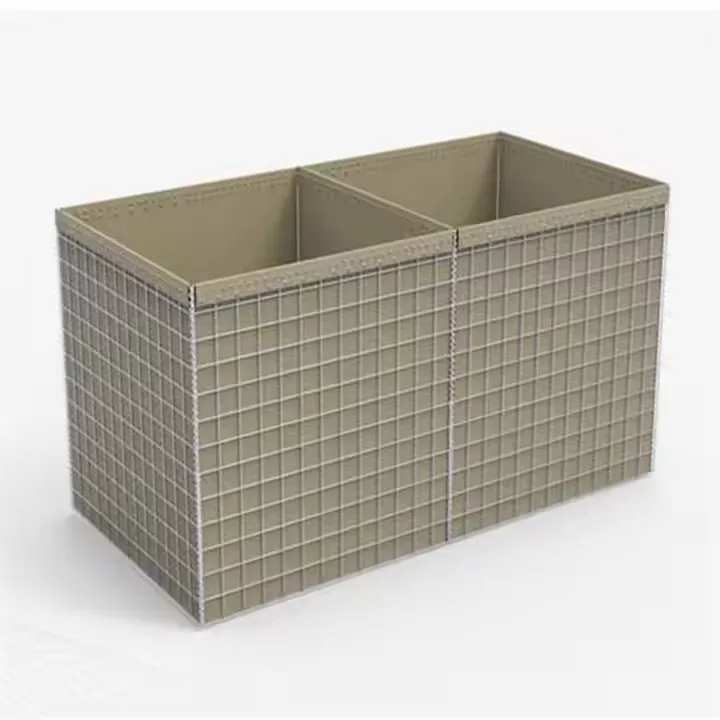
*Performance index based on durability, reusability, environmental resilience, and ISO standard compliance.
Defensive Barrier Manufacturing Process: From Raw Material to Excellence
-
Material Selection:
- High-tensile galvanized steel wire (Q195/Q235) for mesh, in compliance with ISO 9001, ANSI/AWS standards.
- UV-resistant non-woven polypropylene (PP) geotextile for superior containment and anti-aging performance.
- Wire Mesh Welding: CNC mesh welding machines ensure precise grid aperture (e.g., 76.2 x 76.2mm), high consistency, and structural integrity.
- Hot-Dip Galvanization: The welded mesh panels undergo advanced hot-dip zinc coating (≥ 275g/m² as per ISO 1461/EN10244). This layer ensures excellent anti-corrosion durability in harsh environments.
- Panel Assembly: Modular mesh units are joined with spring coils and tensioning rods for quick on-site installation.
- Geotextile Lining: The inner sides are lined with heavy-duty PP geotextile (≥ 300g/m²), flame retardant and UV stabilized (GB/T 17639-2020).
- Final Inspection: Each batch passes tensile, salt spray, and flame resistance tests—documented per ISO 9001 protocols.
- Packing & Logistics: Flat-pack units shipped with installation guides, ready for swift deployment.
Technological Edge: Automated assembly lines, tight tolerances, and 100% batch traceability ensure every defensive barrier meets ANSI/AISC and ISO reliability benchmarks.

Industry Applications and Technical Advantages of Defensive Barriers
- Military & Security: Perimeter fortification, blast mitigation, and vehicle check-points. Defensive barriers can absorb up to 500kg TNT blast equivalent (independent test: Center for Security Research, 2022).
- Flood Control & Disaster Relief: Rapidly deployed along riverbanks or critical infrastructure; withstands flow velocities up to 2.5m/s.
- Petrochemical & Power Plants: Provides anti-intrusion, firebreak and blast curtain functionalities. Galvanized mesh resists chemical corrosion (ISO 9227 tested).
- Riots & Urban Events: Modular setups enable flexible crowd management & traffic rerouting, proven in 35+ metropolitan deployments since 2017.
- Civil Engineering: Used as temporary roadbed, landslide protection, and pipeline shielding.
Technical Advantages:
- Customizable heights, lengths, and curvature - adaptation for all terrains and risks.
- Patent-grade corrosion resistance (SGS-certified zinc layer).
- Service life up to 25 years - low lifecycle cost.
- Simple reusability; panels can be redeployed 5+ times with no loss of integrity.
Customer endorsement: “JinJiu’s defensive barrier system enabled our refinery to achieve ISO 45001 compliance with a 42% reduction in annual perimeter maintenance spend.”

Supplier Comparison, Certifications, and Custom Defensive Barrier Solutions
| Parameter | JinJiu Defensive Barrier | Leading EU Brand | Local OEM |
|---|---|---|---|
| Material Source | SGS-certified steel + UV-stabilized PP | CE certified steel + PET/PP | Commercial grade mesh/fabric |
| Certifications | ISO 9001, ISO 14001, SGS, ANSI/AISC | CE, EN 10244 | None or GB/T |
| Product Lifespan | 10-25 years | 12-18 years | 5-10 years |
| Customization | Yes (Color, Spec, Shape, Lining) | Limited | Basic |
| Bulk Lead Time (units <500) | 10-21 days | 21-35 days | 15-45 days |
| OEM Service/Branding | Yes | Partial | Yes |
As a leading manufacturer, JinJiu Defensive Barrier supplies to 60+ countries and has completed OEM/ODM projects for the UN, TOP 5 Asian minerals groups, and world-renowned EPC contractors. Our factory is ISO 9001, 14001, ANSI/AISC, and SGS certified.
Customized Solutions: Each defensive barrier system can be tailored by length (1.0–10m/section), height (0.6–2.5m), geo-textile color/pattern, and even logo branding. Modular design enables “L-shape”, “U-shape”, or 360-degree circle arrangements.

Defensive Barriers in Practice: Selected Application Case Studies
-
Military Border Defense (MENA Region):
- Scope: 12 km defensive barriers deployment along arid frontier, 2022
- Features: 1.8m high, “L” configuration, blast mitigation, anti-tank obstacles integration
- Result: No breach over 2 years, maintained structural integrity (>99% panel undamaged after annual review)
-
Chemical Processing Plant Perimeter (EU):
- Scale: 1.5 km, UV-stabilized geotextile lining, high salinity zone
- Certification: Passed all ISO 12944 corrosion tests;
- Result: No visible rust after 30+ months, verified by third-party SGS audit.
-
Urban Flood Barrier (East Asia):
- Urgent 3km deployment on city riverbanks, 72-hour installation window
- Performance: Withstood two typhoons, no failure points, reused for regular seasonal flood control
-
Critical Infrastructure Riot Protection:
- 360m circular defensive obstacle setup, 4-hour emergency arrangement
- Feedback: Police Chief confirmed complete containment, crowd dispersion effective

Defensive Barriers: Technical FAQs
- 1. What are the standard materials for defensive barriers?
- JinJiu uses hot-dip galvanized steel wire (Q195/Q235) and UV-resistant polypropylene (PP) geotextile to ensure optimal strength and corrosion resistance according to ISO 9001 and ANSI/AISC standards.
- 2. How are dimensions and mesh apertures specified?
- Standard modules: 1.0m x 1.0m x 5m, mesh aperture typically 75mm x 75mm, but can be customized from 50mm–100mm for enhanced security.
- 3. What installation standards do defensive barriers comply with?
- Installation follows GB/T 50330 or NATO standard STANAG 2280 for field fortifications; step-by-step guides and on-site support are available for complex layouts.
- 4. How is corrosion resistance certified?
- Zinc layer > 275g/m² tested to ISO 1461/EN10244; passed 720hr (Level 8) neutral salt spray (ISO 9227, SGS-certified lab).
- 5. What is the typical production/lead time?
- For orders ≤500 sets: 10–21 days ex-works, including batch inspection, custom label, and export packing.
- 6. Which warranty and support terms are guaranteed?
- Minimum 5-year anti-corrosion and 3-year structural warranty. Lifetime technical support and spares supply are available.
- 7. Can defensive barrier modules be re-used?
- Yes, up to 5 full deployment/recovery cycles with proper cleaning and inspection (supported by customer feedback and field reports).
Delivery,
 Pervious
Pervious
This is the first article
Related Products
Related News


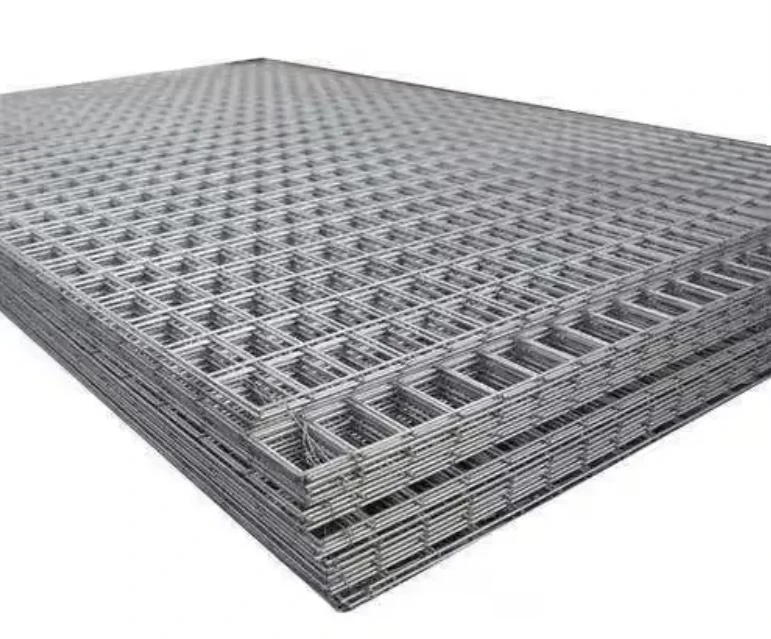
2025-07-28 14:19:51
Welded Wire Mesh Panel: Durable, Versatile, and Affordable
Welded wire mesh panels have gained popularity in various industries due to their durability, flexibility, and cost-effectiveness.
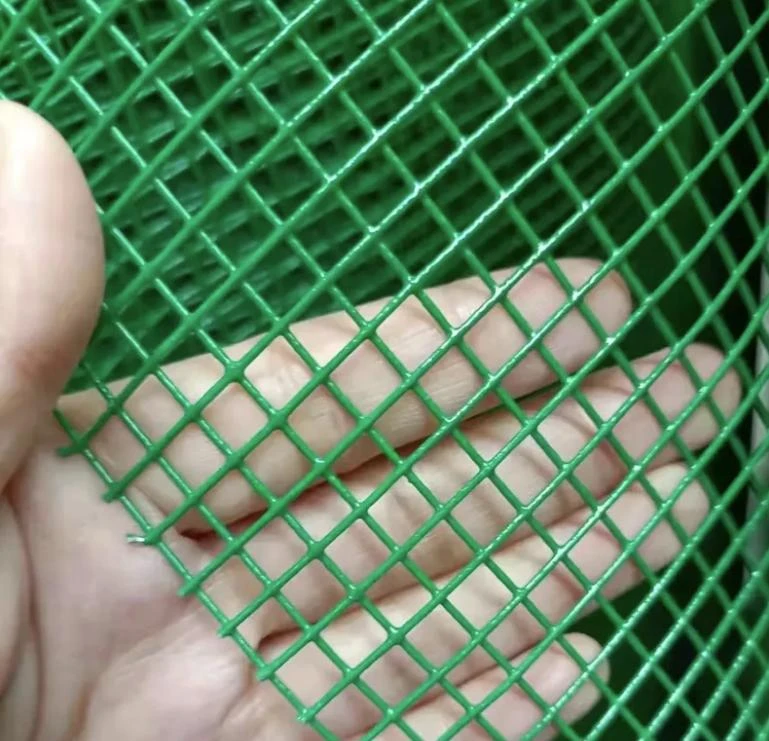
2025-07-28 14:14:40
PVC Coated Welded Wire Mesh: The Ideal Choice for Durability and Versatility
PVC coated welded wire mesh is a popular choice for a wide range of applications, offering strength, durability, and flexibility.
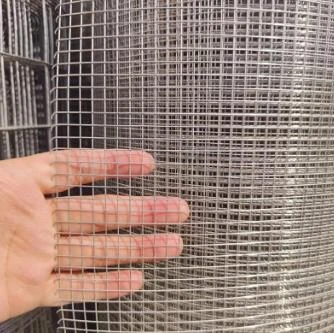
2025-07-28 14:12:12
High-Quality Welded Wire Mesh Products
Welded wire mesh is an essential component in various industries, providing strength, safety, and versatility for diverse applications.
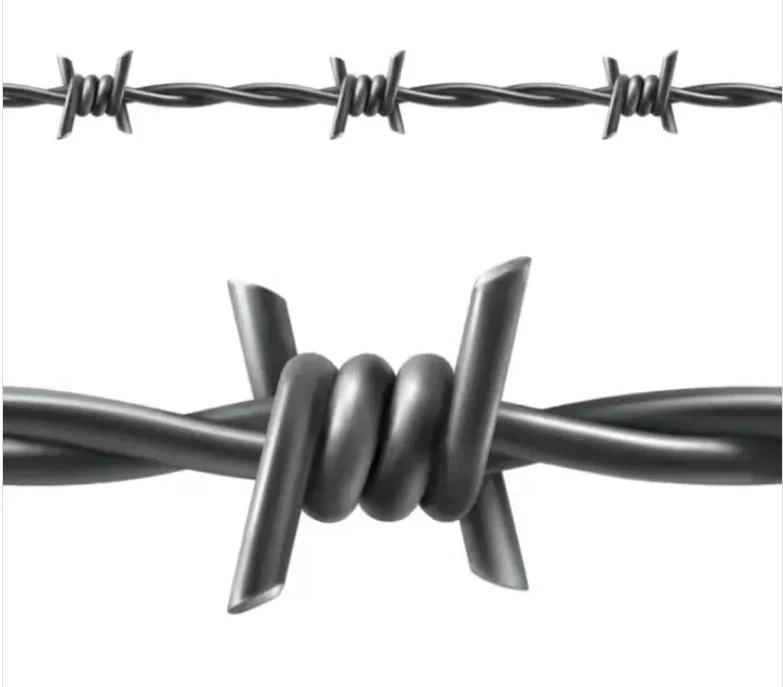
2025-07-28 14:09:41
Explore the Advantages of Barbed Wire
When it comes to security and border protection, barbed wire remains one of the most effective and economical solutions.
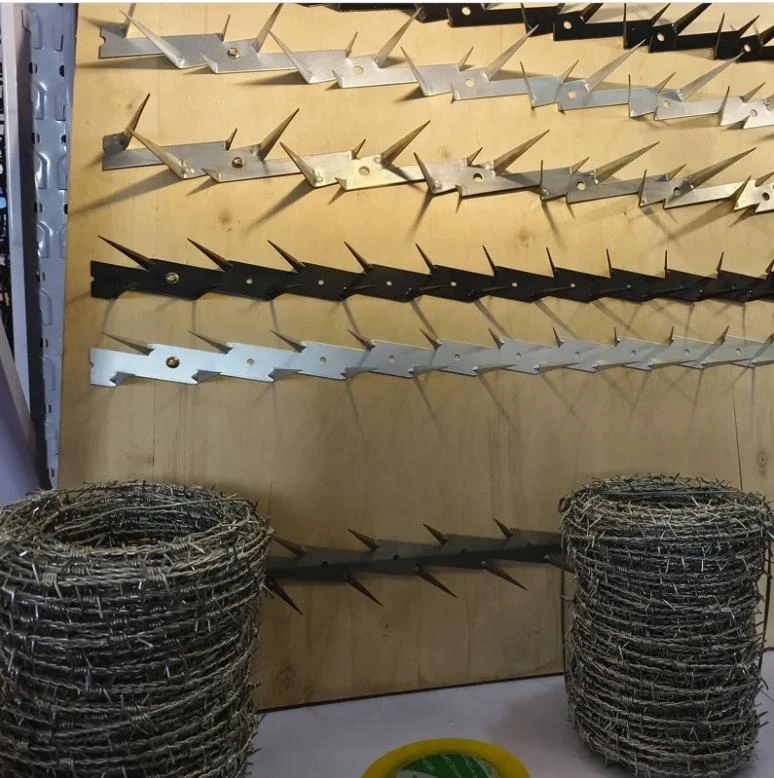
2025-07-28 14:06:57
Enhance Your Safety with Wall Spikes
In an era where securing your property is more important than ever, wall spikes have emerged as an effective method of deterrence against intruders.
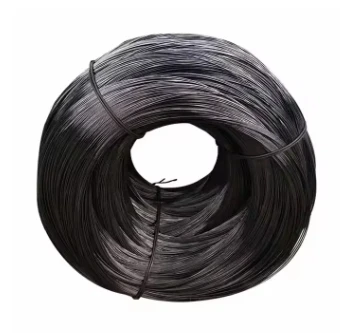
2025-07-22 15:28:22
Unlock the Potential of Stainless Wire
Stainless wire is a fundamental material in a variety of industries, renowned for its durability, corrosion resistance, and versatility.
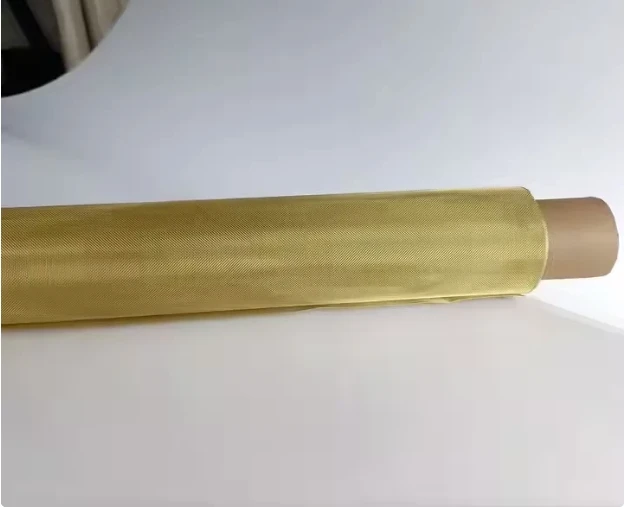
2025-07-22 15:25:27
Unleash the Potential of Brass Wire Mesh
Brass wire mesh is a striking and versatile material that has gained popularity across various industries and applications.




